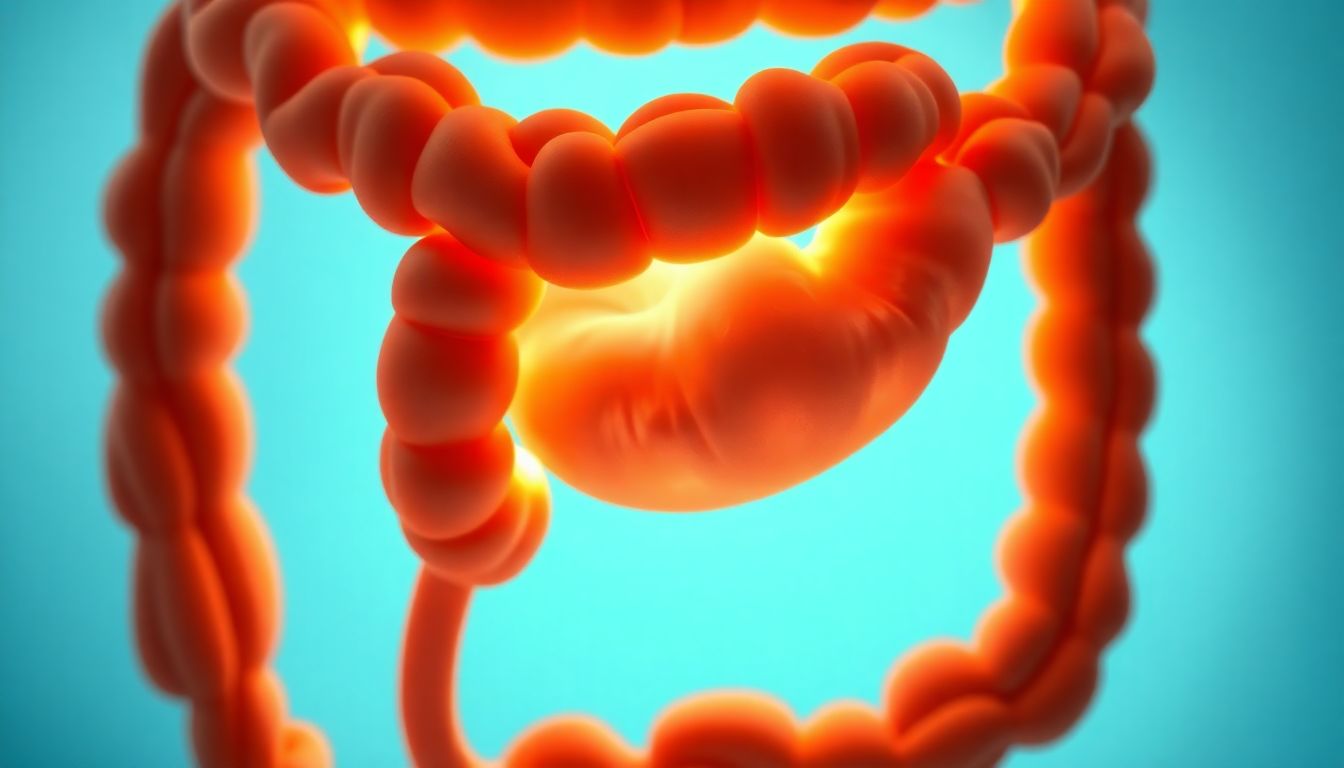
The Growing Interest in Colon Cleansing
In recent years, colon cleansing has gained popularity. Many people believe it can improve digestion and promote overall health. With the rise of wellness culture, different methods for cleaning the colon have flooded the market. However, understanding the right approach is crucial.
Misconceptions and Risks Associated with Colon Cleansing
There are many myths surrounding colon cleansing. Some think it’s a magic fix for weight loss or detoxification. Others fear it could lead to serious health issues. It’s essential to separate fact from fiction. Overdoing cleansing can disrupt your gut's natural balance and potentially cause harm.
Setting Realistic Expectations for Digestive Health
While cleansing can sometimes help, it’s not the only solution. Healthy digestion involves a combination of factors, including diet and lifestyle. Realistic expectations will lead to better outcomes.
Understanding Your Digestive System
The Role of the Colon in Digestion
The colon plays a pivotal role in digestion. It absorbs water and nutrients, transforming waste into stool. A healthy colon ensures that your body functions efficiently.
Common Digestive Issues and Their Causes
Many factors can affect digestion:
- Poor diet
- Lack of exercise
- Stress
Recognizing these issues can help you make necessary adjustments.
The Gut Microbiome and Its Importance
Your gut is home to trillions of bacteria, known as the microbiome. These microorganisms aid digestion and influence your overall health. Keeping your gut balanced is essential for well-being.
Safe and Effective Colon Cleansing Methods
Hydration and Dietary Fiber: The Cornerstones of Cleanliness
Staying hydrated is crucial. Water helps flush out toxins and supports digestion. Aim for at least eight glasses a day. Dietary fiber is equally important. It promotes regular bowel movements and keeps your colon clean. Foods rich in fiber include:
- Fruits
- Vegetables
- Whole grains
- Legumes
Probiotics and Prebiotics for Gut Health
Probiotics are good bacteria that support your gut. Foods like yogurt, kefir, and fermented vegetables are excellent sources. Prebiotics feed these friendly bacteria, enhancing their benefits. Include foods like bananas, onions, and garlic in your diet.
Gentle Exercise to Stimulate Digestion
Regular movement stimulates digestion. Activities like walking, yoga, and swimming can aid gut function. Aim for at least 30 minutes of exercise most days of the week.
When to Seek Professional Help
Recognizing Signs of Serious Digestive Problems
Not every digestive issue can be treated at home. Be aware of severe symptoms such as:
- Persistent abdominal pain
- Ongoing diarrhea or constipation
- Unexplained weight loss
If you notice any of these, it’s time to consult a professional.
Diagnosing Underlying Conditions
Sometimes, digestive problems stem from underlying health conditions. Professionals can run tests to diagnose issues and recommend appropriate treatments.
The Role of Medical Professionals in Colon Health
Doctors and specialists can provide guidance on safe cleansing practices. They ensure that you approach digestion health wisely and with care.
Natural Remedies for Improved Digestion
Herbal Remedies and Their Potential Benefits
Several herbs support digestion. Ginger, peppermint, and chamomile are popular for their soothing properties. Drinking herbal tea can ease discomfort and improve gut health.
Incorporating Fermented Foods into Your Diet
Fermented foods like kimchi, sauerkraut, and miso are rich in probiotics. Adding these to your meals can help maintain a healthy microbiome.
Mindful Eating Practices for Better Digestion
Eating mindfully can significantly improve digestion. Here are tips:
- Chew food thoroughly.
- Eat slowly.
- Avoid distractions during meals.
Mindful eating helps your body digest food more efficiently.
Maintaining Long-Term Digestive Health
Creating a Sustainable Diet Plan for Gut Health
A balanced diet is vital for long-term digestive health. Focus on whole foods, plenty of fruits and vegetables, and healthy fats. Avoid processed foods that can disrupt digestion.
The Importance of Regular Exercise and Stress Management
Exercise is more than just physical activity. It helps reduce stress, which can significantly impact digestion. Practice stress-reducing techniques like meditation or deep breathing.
Monitoring Your Body's Signals and Seeking Help When Needed
Tune in to your body's signals. If you experience discomfort, don’t ignore it. Addressing issues early can lead to better digestive health in the long run.
Key Takeaways and Actionable Steps
Colon cleansing can help, but a holistic approach is essential. Focus on hydration, fiber, and gut-friendly foods. Exercise regularly and listen to your body. Understanding and maintaining digestive health is a continuous journey.
Resources for Further Learning
- Books on nutrition and digestion
- Reputable health websites
- Online forums for personal experiences
Empowering Yourself for Better Digestive Wellness
Take charge of your digestive health. Use these expert tips and knowledge to make informed decisions. Your gut health is vital; prioritize it for a happier, healthier life.
